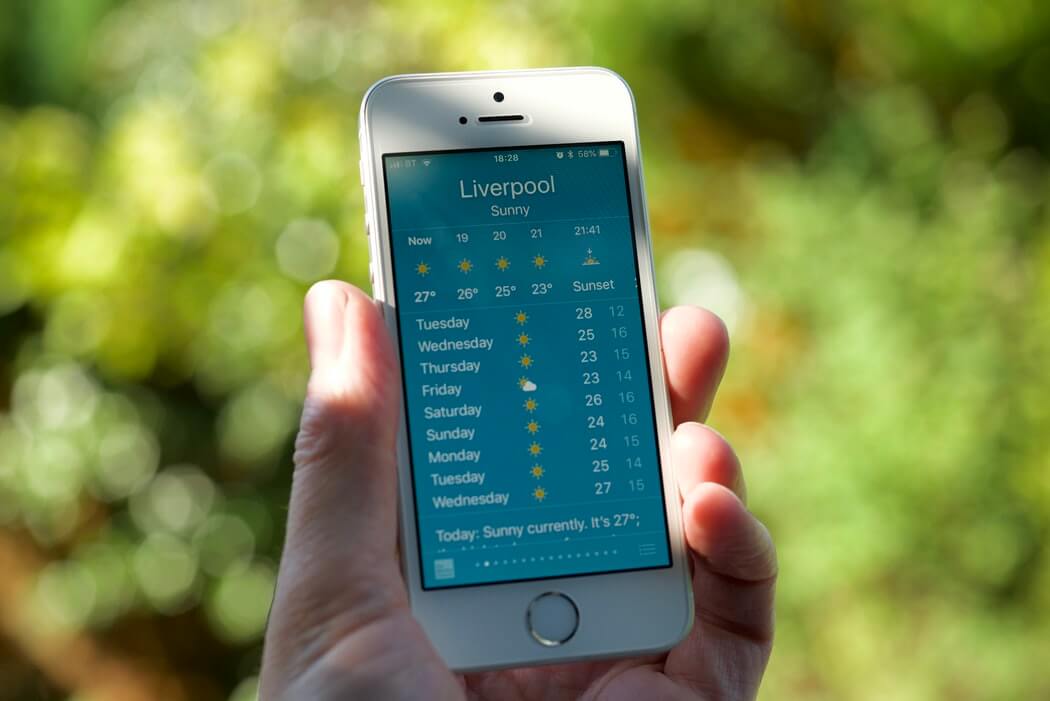When Mother Nature is in a bad mood (which is more likely than ever these days thanks to climate change), it helps to keep an eye on what’s happening in the sky. One of the most important tools for that is a mobile weather app. A good weather app helps you decide if you’ll need to bring an umbrella to work, or prepare for more serious conditions. With wild weather across the country, particularly hurricanes threatening coastal states, it’s a good idea to check the forecast or radar for upcoming conditions. A weather app lets you do that wherever you are, whenever you like.
When testing weather apps, we spent most of our time evaluating the effectiveness of their design. An ideal weather app is visually pleasing and easy to use. If you have to dig through several screens to find out when it’s going to rain, the app is off to a bad start.
What we didn’t look for is whether or not the predicted weather came to pass. Our reasons are twofold: First, most weather apps get the bulk of their data from the National Weather Service. Some also pull the predictions from services like AccuWeather, Dark Sky, and the National Oceanic and Atmospheric Administration. Some companies, like The Weather Channel, have their own predictive models, but many apps are just shells into which data flows.
Second, and more importantly, to really determine the accuracy of the service’s model, we’d have to perform exhaustive tests across the globe. We’re simply not set up to tackle that kind of challenge. As it stands, we’ll assume that if a company has invested the time and effort to create its own predictive models for something as complex as weather, then it probably knows more about meteorology than we do.
For what it’s worth, the apps were all quite accurate during testing. Despite earlier conspiracies, the rollout of the 5G wireless network shouldn’t ruin these weather forecasts. Besides, right now you should be staying inside anyway to help curb the ongoing pandemic, even on the nicest of days. If you’re really concerned about accuracy, consider getting a weather station of your own. Though weather stations are more about recording your local data than about getting forecasts, setting up and maintaining a weather station is a fun science project—just maybe not right before a hurricane hits.
At first, we did not fully appreciate the sheer number of weather apps available for Android and iOS devices. In the end, we picked those we thought offered something unique, along with the most popular apps. The vast majority of these apps are free, so try them out until you find the sunniest one for you.
Dark Sky
Dark Sky is a weather app so good that Apple bought the company just to keep it exclusive to iOS starting August 1, 2020. Not only that, it’s the only app on the list without a free option. Still, app’s slick presentation and hyper-local accuracy make it easy to see what all the fuss is about.
What the Forecast
If you’re looking for another weather app unafraid to show its personality, consider What the Forecast. Severe snowstorms? Better stock up on toilet paper. The sun isn’t just shining, it’s shining out of your butt. If you ever lose your internet connection, the app just tells you the weather in Hell, which, in the long run, is probably the most useful information for most of us anyway.
